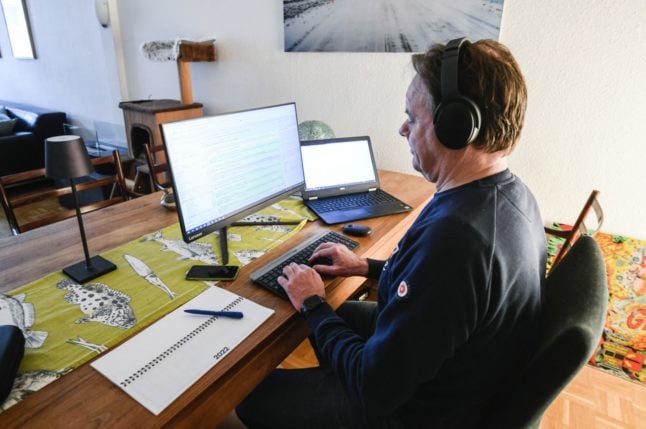Carlos Tavares is clearly good at his job.
He took over at the struggling PSA Peugeot Citroen carmakers in December 2013, despite being advised not to by friends and family and helped save the company from what he described as a “near death experience”.
Tavares, a self-confessed petrol head who loves the thrill of racing sports cars as well as saving seemingly doomed companies, was hailed for leading the firm back from a €555 million loss in 2014 to a net profit of €1.2 billion in 2015.
Although he was helped by China and the French government jointly stumping up €800 million between them to refinance Europe's second biggest carmaker, the Peugeot Citroen board hailed the impact of Tavares.
They decided it was right he should see his salary doubled from €2.7 million a year to €5.2 million.
And Tavares himself also thought it was right, despite the recovery plan meaning the loss of 11,000 jobs at the firm and even though it came at a time when France was suffering record unemployment.
“I have no guilt, none at all,” Tavares told The Local and other members of the Anglo-American Press Association of Paris at the company's swanky Paris headquarters on Friday.
“Frankly I feel very relaxed about it.”
He said his tough performance targets were set by the supervisory board, “but being a sportsman I take pleasure in trying to push the line even further.”
“I took an enormous risk to come to a company that was almost bust and no one told me the salary was almost all variable and if you don’t get the result you won’t get what you expect,” Taveres said.
“I have zero safety net if I don’t perform.”
Much of the criticism Tavares faced was from the French state, who own a 13 percent stake in the company and whose representative was ordered to vote against his pay rise.
Finance Minister Michel Sapin slammed the massive salary hike as “harmful”.
 (French finance minister Michel Sapin. Photo: AFP)
(French finance minister Michel Sapin. Photo: AFP)
“We are in a time when we need to make an effort, and it needs to be more or less shared. I say more or less because we are talking about figures that are so huge that one can barely comprehend what they mean,” said Sapin.
Unions also laid into the Peugeot chief saying the astronomical rise would “cause a lot of of damage to social cohesion” with the country's economy still in the doldrums.
Tavares explained that in reality the salary figure was not as dramatic and that eye-watering salaries were just part of being the CEO of a car firm.
“A large part of this €5 million is in stock that eventually I will get in many years. Experience shows me that you will never get that money because many things happen,” he said.
“For the rest it was just a result of the fact we turned around the company.”
“You have car company CEOs, you have soccer players, you have Formula 1 drivers, there is a market. It’s an open market.”
The Lisbon-born boss who spent much of his career at rivals Renault-Nissan added he accepted that criticism comes with the job and the pay packet.
“I'm fine with it. That's life. It's part of my job to accept this criticism. My only point of focus is that I want this company to succeed,” he said.
However not everyone in France took offence at the money the CEO was earning, even if it is a sensitive time in France.
Pierre Gattaz, head of the Medef employers' association, defended the move, saying: “When there is success, it does not shock me that we reward success.”
Gattaz, an unpopular figure among the left in France, said company leaders “are heroes”.
The head of the PSA supervisory board Louis Gallois said the salary increase was “not at all disproportionate”.
Tavares wasn’t the only one at Peugeot to be rewarded for the dramatic turnaround.
Workers based in France were handed an average bonus of €2,000.



 Please whitelist us to continue reading.
Please whitelist us to continue reading.
Member comments